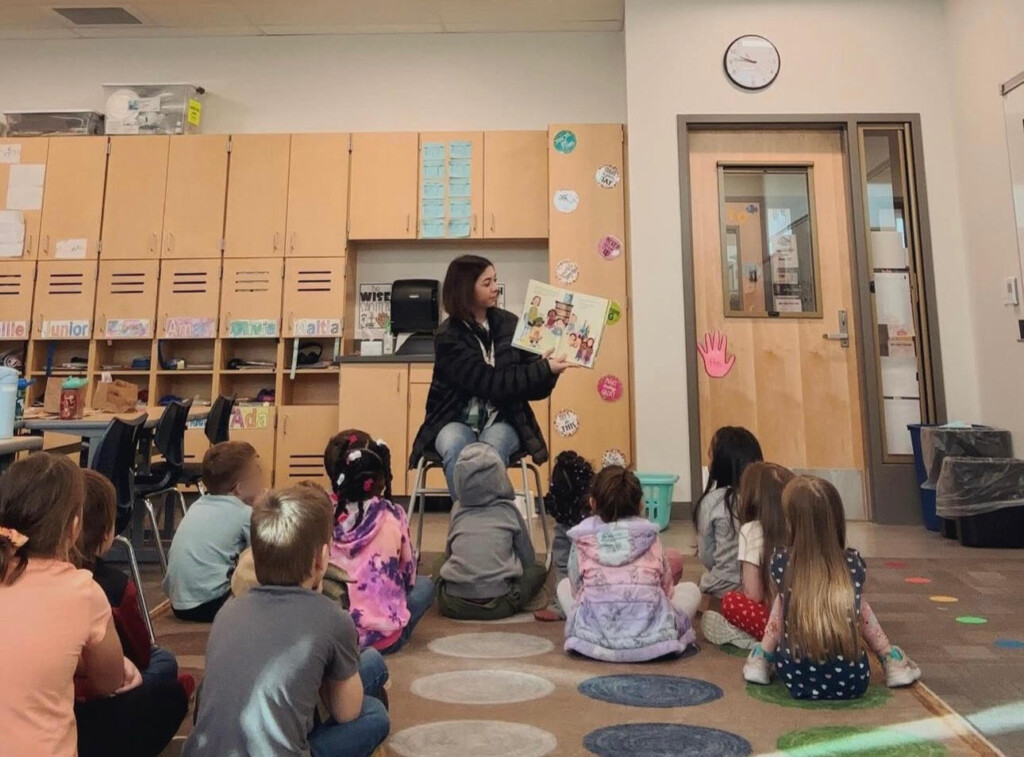Page 60 • (755 results in 0.075 seconds)
-
: Conference ScheduleNatalie MayerModerator: Natalie Mayer Conference ScheduleKirsten ChristensenModerator: Kirsten M. Christensen, Professor of German, PLU Bio: Kirsten M. Christensen earned her Ph.D. in Germanic Studies, with an emphasis on medieval and early modern literature and culture, from the University of Texas at Austin in 1998. Her research has focused on writings by medieval women mystics. In particular, she explores the often fraught relationships between women mystics and their male
-
focuses on the adaptation of the Tsuji-Wacker oxidation to be used in an undergraduate lab. The main purpose for adapting this reaction is to find an environmentally-friendly hydration method that can be used to selectively synthesize the Markovnikov and anti-Markovnikov forms. Using a literature reference, it was discovered that replacing the typical pd (II) catalyst with an iron catalyst yielded a similar result. Using an iron catalyst as opposed to a palladium catalyst would be very beneficial as
-
pyramids. Click to view larger. For students of literature, it can be thrilling to see how the people and places in a work of fiction can crossover into the real world. This is especially true for books where location plays an important role, such as in James Joyce’s classic, Ulysses. Using a map like the one below, students can follow, chapter-by-chapter, as the protagonists journey around real-life Dublin. Click on the locations in this interactive map to see how context has been applied. Likewise
-
., a small town which clings a point of land on the Olympic Peninsula. Each is carrying a sensitive directional microphone aimed at the canopy of a Sitka Spruce stand. About 100 feet above the trail, a chit-chit-chit sound drifts down. It’s the call of a particular type of North American Crossbill-unglamorously named “call type 10.” Predictably, the types range from one through ten, with type 10, the elusive bird over our head, having been described in scientific literature only 18 months ago
-

one day I can repay the favor to another hard-working student. Thank you to the donors who are supporting me; it makes me feel that all my hard work did pay off.” Austyn Blair ’25, English Lit and Holocaust and Genocide Studies, Religion, Gender and Sexuality Studies “My goals are to teach English and/or work in genocide prevention and education. I want to educate others as I educate myself.” Austyn Blair ’25 has a full schedule. He is majoring in English Literature and minoring in Holocaust and
-
. The English requirement is intended to demonstrate competency in grammar and composition as well as comprehension and analysis of written work. In general, the English requirement is met by taking courses that schools would recognize as writing or literature courses.Behavioral Sciences: The following course is recommended for anyone entering into the Optometry field. Some programs require one or more social or behavioral science courses while others only recommend they be taken. Please check with
-
English requirement is met by taking courses that veterinary schools would recognize as writing or literature courses. Courses in the Humanities, Social Sciences and Arts The majority of veterinary schools have formal requirements for courses in social sciences, humanities and arts. However, often these requirements are waived if the applicant has or will be earning a BA/BS degree. A course in oral communication, either interpersonal or group communication or public speaking, is often
-
. The English requirement is intended to demonstrate competency in grammar and composition as well as comprehension and analysis of written work. In general, the English requirement is met by taking courses that schools would recognize as writing or literature courses.Behavioral Sciences: The following course is recommended for anyone entering into the Optometry field. Some programs require one or more social or behavioral science courses while others only recommend they be taken. Please check with
-
English requirement is met by taking courses that veterinary schools would recognize as writing or literature courses. Courses in the Humanities, Social Sciences and Arts The majority of veterinary schools have formal requirements for courses in social sciences, humanities and arts. However, often these requirements are waived if the applicant has or will be earning a BA/BS degree. A course in oral communication, either interpersonal or group communication or public speaking, is often
-
earlier to identify appropriate literature. Auditioning to be a Student Soloist requires the permission and approval of both the studio faculty and the Conductor of the University Symphony Orchestra or Conductor of the University Wind Ensemble, evidenced by signing the Entry Form. Obtain a Student Showcase Entry Form either from the Music Office or by downloading it from the link below. Obtain all the required signatures by the deadline specified. Turn the document in at the Music Office. Schedule
Do you have any feedback for us? If so, feel free to use our Feedback Form.


